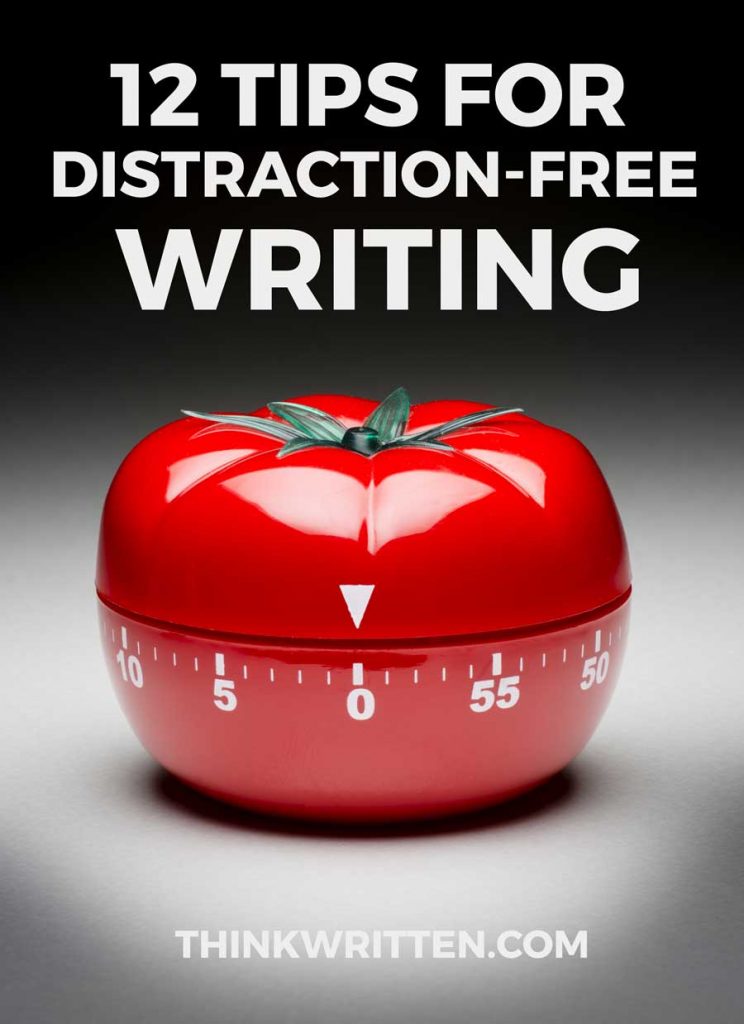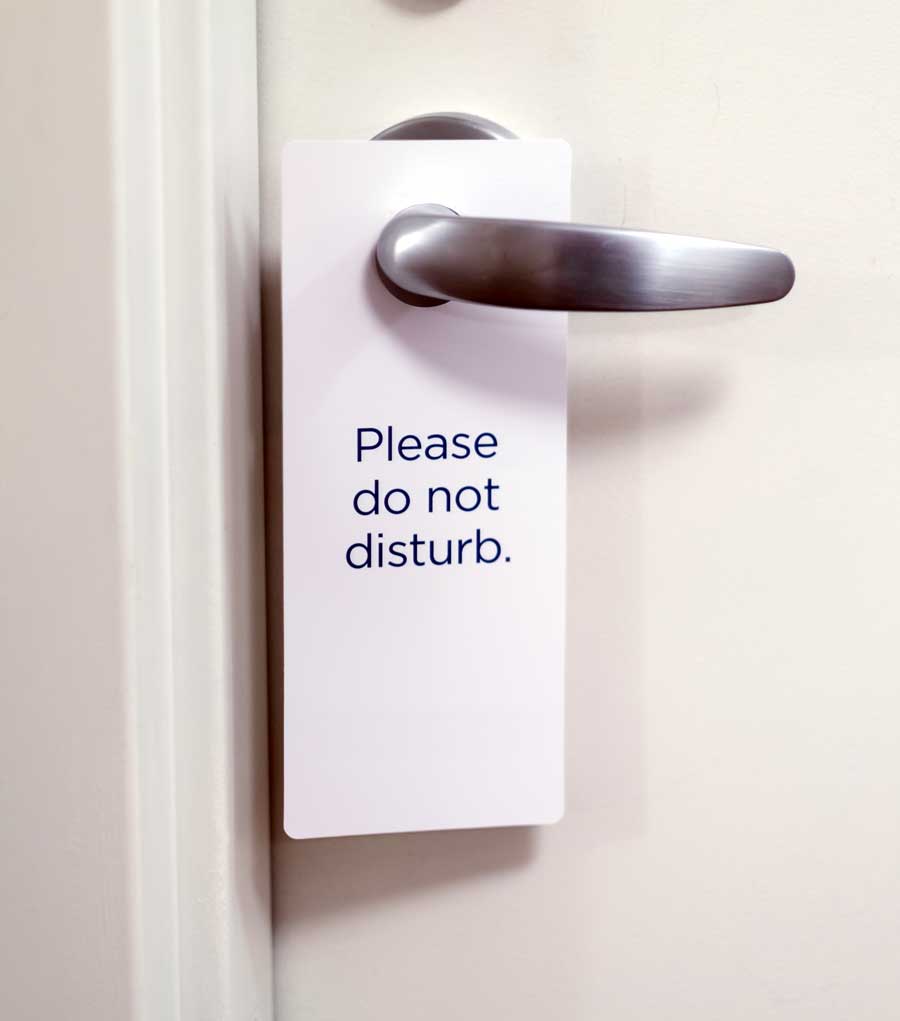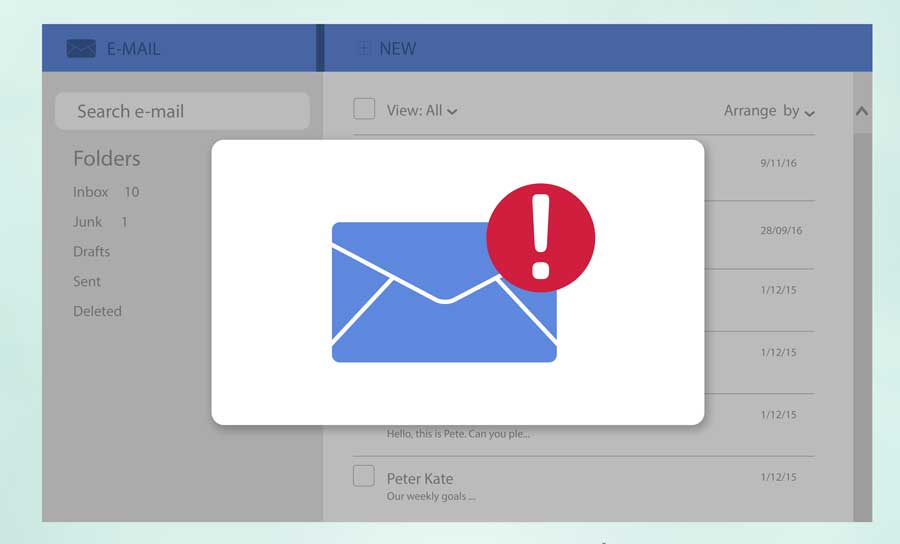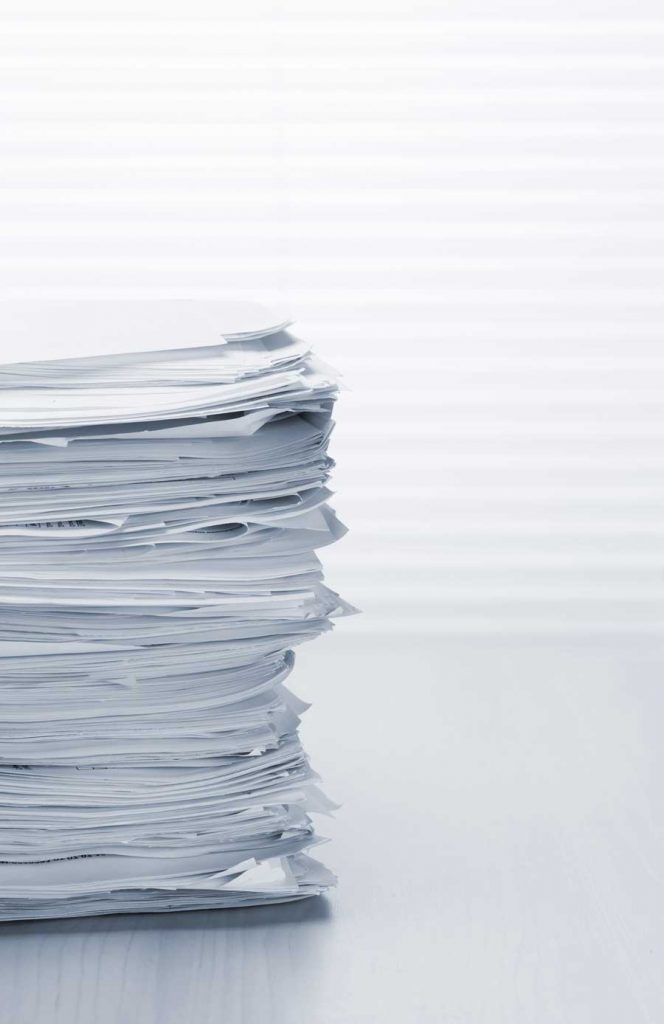We may receive a commission when you make a purchase from one of our links for products and services we recommend. As an Amazon Associate we earn from qualifying purchases. Thank you for support!
Feeling distracted when you sit down to write? These 12 tips for distraction free writing can help.
Being able to write well and correctly is one of the most important skills in life. The power of the written word preserves history, creates compelling stories, evokes deep feelings, changes lives, and compels someone to take action.
You may be an author writing your next best-selling book, a poet expressing your emotions, a teacher breaking down your lessons, a journalist perfecting your headline, a businessman preparing for that big client presentation, a blogger crafting that soon-to-be viral blog, or just someone who writes creatively. The list goes on.
Excellent writers will always be in demand. Even in today’s digital world, there’s an endless array of social media articles waiting to be written each day.
If writing is your profession, you know how important it is to stay focused, especially when you have ambitious deadlines. But how do you achieve that In today’s environment where distractions come almost every minute? With so many things requiring your attention, it’s easy to get lost. A combination of efficient workflow and technological tools can help.
If you’re preparing for a big writing event, like for the annual NaNoWriMo (or the poetry equivalent), you will need lots of concentration. These tips will help you write more efficiently with fewer distractions.
Here are 12 tips for distraction free writing:
1. Prepare your writing environment

Every writer needs a writing den. You need to have a spot where you can write with little to no distractions. Make sure your area is free of clutter, you have a comfortable chair, and you can see your screen clearly. Your workspace should be ergonomically designed to prevent discomfort and injuries that can result in major distraction.
If there isn’t any designated workplace or writing studio, go someplace where you can get your writing done. A change in writing environment might just be what you need.
2. Get in the flow and concentrate on writing

Ever heard of The Pomodoro Technique? It is a tool used by over 2 million people. Practiced properly, it can help you manage distractions and concentrate on the task at hand.
Inspired by a tomato timer like the one you see above, the idea is to focus on that one task that you’d like to get done for each 25-minute time block. No interruptions, no multitasking, until the timer rings.
You should take short breaks after each Pomodoro and take a longer break after four rounds. Stretch, get coffee, take a short walk. You need to recharge. Others use a similar technique called chunking, but the system works the same way.
Find the optimal time block for you and focus on writing within that time. Find your flow so you can write naturally.
3. Schedule Your Writing Time and Hang a Do Not Disturb Sign

If you are working from home, distraction free writing will be even harder. Kids running around, loud television or music on, and even the chatter — all these make it harder for you to focus on your writing. Set your writing hours.
Ask people not to bother you during that period of time, unless there is an emergency. Why not try to do your writing in the wee hours of the morning, or when everyone else is still asleep?
4. Turn off notifications on your devices

Technology is useful, but it is also the source of constant interruptions. Turn off those constant notifications that are screaming for your immediate attention and hook you to check that message, email, or news, taking you away from your writing.
According to a study, turning off the notifications for just 24-hours can improve concentration and significantly reduce stress levels.
5. Use Minimalist Hardware

If you can do away with your high-end laptop when writing, do it. Switch to tools or devices that are dedicated for writing.
- Write in the traditional way using a pen and paper. It helps boost your creativity.
- Use a trusty typewriter. You would not need internet connection to use it.
- Get a dedicated writing laptop and install only the writing software you need.
I hear violent reactions on the first two suggestions. Isn’t it counterproductive? Think of it this way, you write the first draft using your pen and paper or a typewriter. Then you do your corrections, editing, and proofreading as you retype your manuscript to your computer..
6. Use Word Processing Devices and Software
Because of its popularity among writers, I am including this crude device as an effective tool for distraction free writing. The AlphaSmart is originally designed for school kids and marketed to schools in the 1990s.
Production has been discontinued but you can still find them via Amazon. The appeal of this device is in its simplicity. The author of The Year of the Witching said that AlphaSmart has become part of his creative process and he has written most of his first book using this device.
You can also try the Astrohaus Freewrite and other word processing software such as Scrivener. If you want to try something drastic, you can always choose to Write or Die your way towards your goals.
7. Leave Your Phone in the Drawer, Away from You

Shuddering at the thought of being away from your phone? You are not alone. For most of us, our smartphones have become our security blanket. But it is also a source of neverending interruptions.
It is not enough that you turn off the notifications or put it on silent mode. The fact that you know your phone is near will tempt you to pick it up. Before you know it, you have spent valuable time swiping your phone screen, clicking on likes, instead of writing.
Studies have also claimed that the presence of smartphones diminishes our cognitive abilities, impacting our memory which affects our overall performance.
8. Just Write and get the words out

Write spontaneously and never stop for corrections. Put off the editing and formatting for later. Editing as you write is one of the major causes of distraction for most writers. Worried about a messy draft? That’s why it’s called a rough draft. You can polish it after writing.
9. Shut off the outside noise

Even with a Do Not Disturb sign, you just cannot force everyone to stay quiet while you write. Accept the distraction instead of fighting it off and ruining your mood. Create ways to block the distraction.
Playing classical or jazz music on the background can help keep you focused, just don’t get too relaxed that you end up sleeping instead of writing. Wear noise-cancelling headphones or regular headphones even when you are not listening to music so people know they should not bother you.
10. Utilize apps and online tools
Did we not say that technology is a major cause of distraction? Yes, but a lot of distraction free apps are now available, so use them to your advantage.
One example is Ulysses, a single panel app that gives you a clean page, much like a fresh writing paper, so you can start writing or typing immediately.
11. Use TK
A printing and journalism reference, TK (To Come) is used to signify that additional material will be added later. If you get stuck with a date or need to look for specific information, just put TK next to the text and continue writing. Do not stop to look for the information while writing. You can do it after. Don’t let yourself lose the momentum. It will take time before you can be in the flow again and continue writing.
For example: The fountain pen was invented by Petrache Poenaru in TK.
12. Set a goal, rest, repeat
Establish your goal for the day. If you get tired, rest. Don’t write when you’re too exhausted. Leave a note for the next day to help keep you on track.
Writing may not be the most difficult job in the world, but it can be tiring. Completing an important piece of writing or working on many projects can be quite stressful. If you do not consciously do something about those distractions, you will spend your days with doing anything and everything instead of writing.
Even when you work alone at home, your mind can wander. Observe when this happens, remind yourself that you have something to do, then return your focus to writing. The key is taking time to adjust and train your mind. Some people find meditation to be a big help in calming their mind and focusing on the present.
Practice distraction free writing consistently. Notice the improvement in your writing. Not only will you get better, you will also get to write faster and churn out more words as you go on. Learning how to deal with distractions will help you achieve your writing goals, such as writing 2500 words or more per day.
Writing should be fun, but there are times when you feel like it’s not the right path for you. Join writing clubs and connect with like-minded individuals who can give you more insights on how to get focused in writing and help you grow in your professional writing career.
What other tips do you have for distraction free writing? What has helped you most in learning how to write without being distracted? Share your thoughts and experiences in the comments section below!






